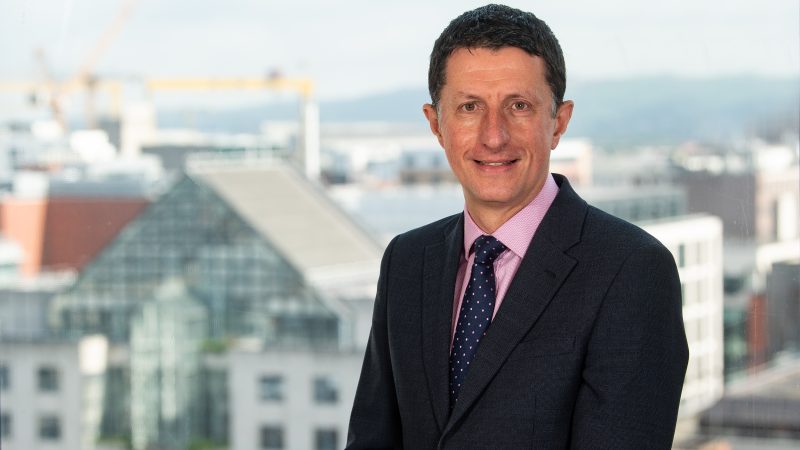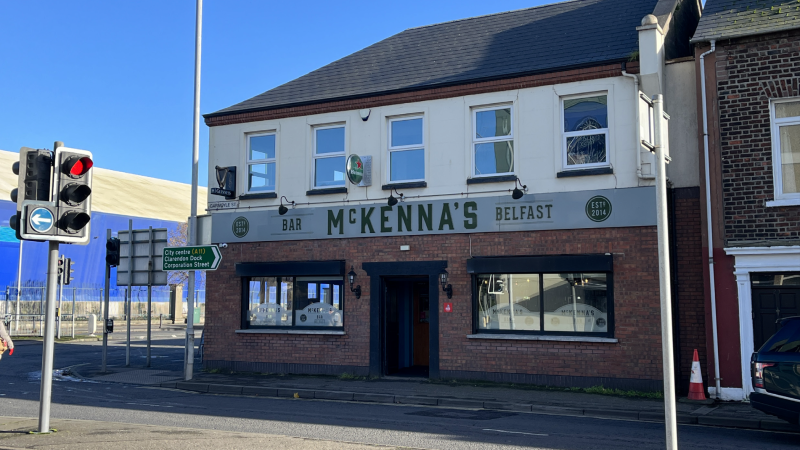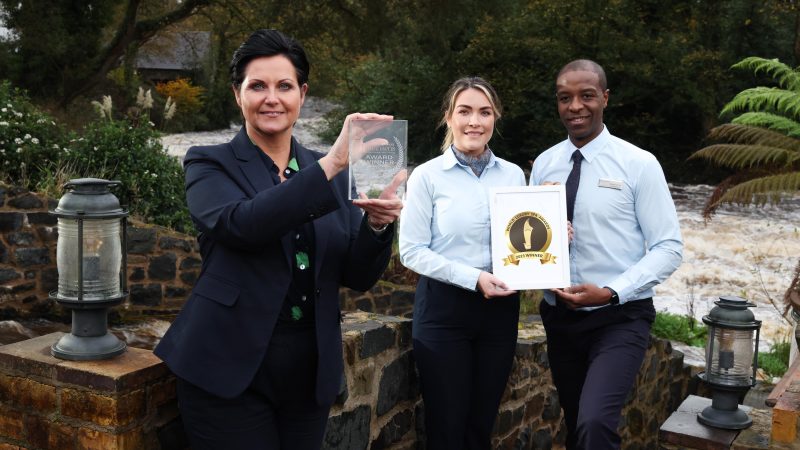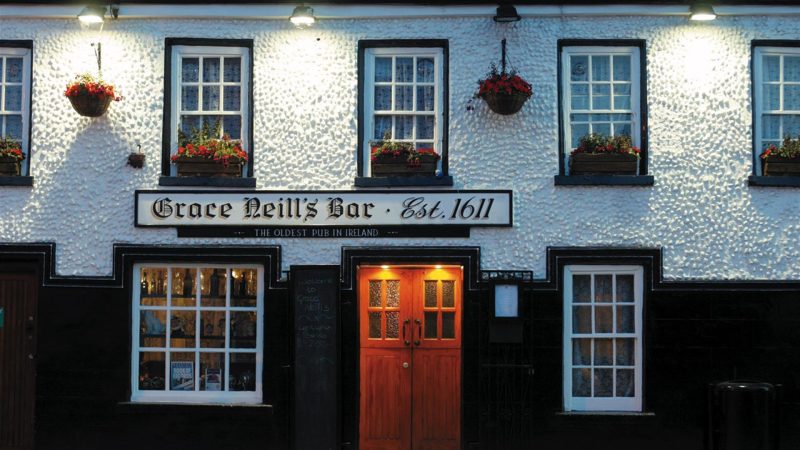Dalata Hotel Group eyeing Belfast expansion?
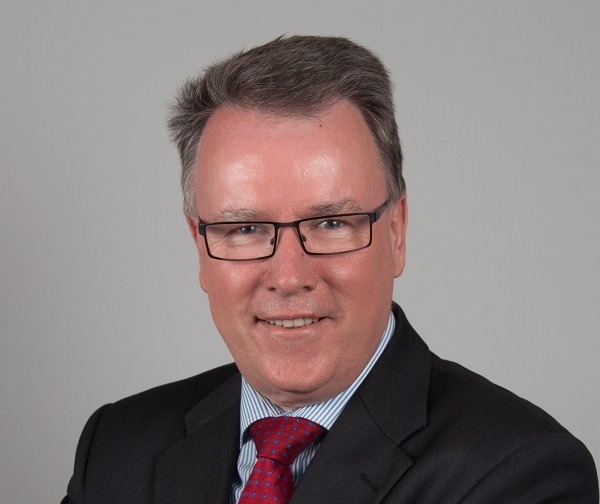
Pat McCann, chief executive of Dalata, has hinted that the acquisitive Dublin-based hotel group is looking at expansion into Belfast…
Pat McCann, the amiable chief executive of the Dublin-based Dalata Hotel Group, has told LCN that the chain is “looking with great care and attention at Belfast”, although he was unable to reveal exactly what the brand is planning in the city.
Mr. McCann was speaking to this magazine following an extraordinary spending spree by the group in recent months that has seen it add a series of quality Irish hotels to its portfolio, including the former Tower Hotel in Londonderry, which it acquired two months ago for £4.4m. The four-star, 93-bedroom property has since been re-launched by Dalata under its Maldron brand.
Since that purchase was completed, the group has spent a further £26m acquiring Whites Hotel in Wexford and Galway’s Clayton Hotel, both of which it had been operating since 2009 under a management contract.
And Dalata has also agreed to acquire a 25 per cent interest in the Ballsbridge and Clyde Court Hotels in Dublin 4.
Dalata has access to as much as €500m to finance its current expansion plan. It has leveraged the cash from a fund of around €265m in equity which it raised in March this year from investors in the UK, Europe and the US.
“We’ve been using that to buy a number of hotels, some of which are on the market and some which are not,” added Pat. “Financially, we’re in an excellent position as the strongest player in Ireland by a mile…We’ve given an indication to the market that we would make €7.5m to €8m this year and I would be very disappointed if we weren’t able to achieve at least that.”
Dalata was formed in 2007 when it rebranded 11 leasehold hotels under the Maldron banner. In 2009, the company went into the management contract business, helping banks and receivers look after hotels that they had taken on. Recognising the finite nature of that business, however, Dalata went to the market with a new plan that envisaged buying up hotels and transforming them operationally.
The group is now the largest hotel operator in Ireland with 38 hotels and almost 6000 bedrooms. All of its hotels are located in Ireland with the exception of the Maldron in Cardiff. It operates 11 hotels under lease agreements, one hotel under a long-term operating agreement and 24 hotels under short-term management agreement.
In Northern Ireland, the group has the Maldron hotel at Belfast International Airport and its new acquisition in the north-west. Pat McCann said he was “delighted” with the way in which the Maldron brand has been performing and very happy to have taken on the former Tower Hotel:
“That hotel offers great value for money, I think it’s going to be great for the city and it’s really beginning to see some good traction. I think the re-brand of the hotel in Derry will also help the brand as a whole as well,” added Pat.
When he spoke to LCN at the start of November, Pat was looking forward to another release by the National Asset Management Agency (NAMA) later that month of a further small batch of hotel properties. Currently, Dalata views the purchase of assets such as these as its best option for expansion – Pat explained that it’s still cheaper to buy such properties than it is to build hotels from scratch – and he estimates that there may still be around 150 venues in Ireland that could potentially be brought to the market by NAMA.
Pat also said that the group was “very happy” to be operating in Northern Ireland and indicated that he would like to see more involvement north of the border.
Asked about hospitality VAT rates, Pat said that in the south, Dalata had passed the benefits of the lower rate on to tour operators in the form of reductions and believes that had “a significant impact” on the group’s business.
“Employment in the sector generally has gone up by 30,000 since the change came in [July 2011] and that’s been very significant for us,” he argued. “There are arguments made down here that it costs the State money to give us this reduction, but my argument would be that because the volume increases so significantly and because of the reduction in the unemployment figures, then it’s a zero sum argument for them.”
Pat indicated that for Dalata, the priorities going forward included the continued purchase of new hotels through on and off-market sales:
“We have still a long way to go to spend the money that we have,” he said. “We will also be investing in our hotels so they are in a position to produce returns. We are about to start that in Derry with the bedrooms at the hotel there. They are already in pretty good shape, but we will be spending more [£450,000] to get them to the standard we would like them to be at.”
Pat indicated that within the next couple of years, Dalata would like to have probably around 40 to 45 hotels in its Irish portfolio, with further expansion outside Ireland likely at some point.



